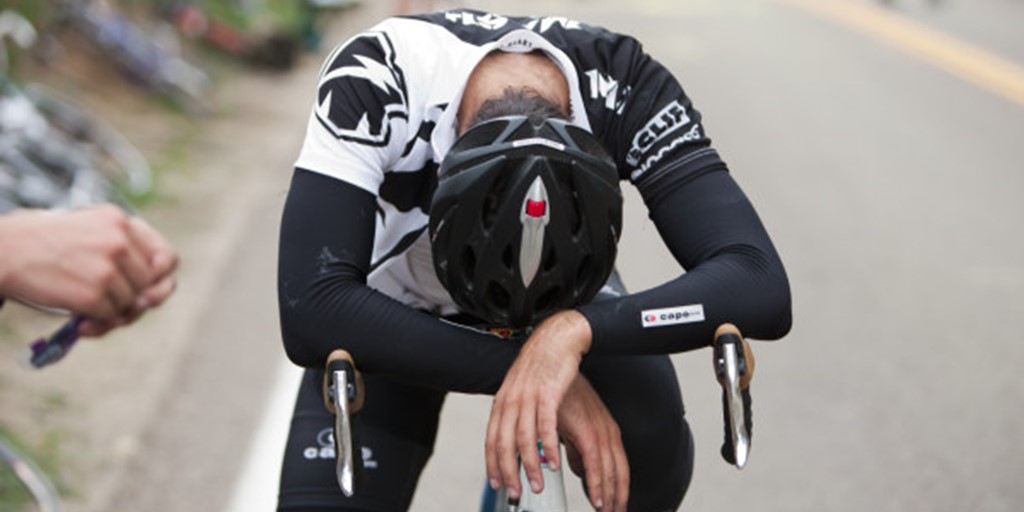

The cycling season isn’t far off. Spring and summer is on its way, which means it’s not long before we can spend hours on end out in the sunshine riding our bikes.
For many of us, it’s a time to race, competing in local category road races, time trials or even sportives (although technically they’re not supposed to be competitive).
Those who want to do as well as possible, it’s important to build your miles now and develop a level of fitness that will help achieve the goals you want to reach.
But you must beware of digging too deep. Frequent heavy training loads without periods of sufficient rest will push your body too hard, and it won’t be able to cope with the pressures you are placing upon it. As a result, you could start to see a drop in performance, increase the risk of sickness and even injury. This known as overtraining.
Overtraining
Overtraining is very common among cyclists. Unlike running, which is a high impact sport and puts an extreme amount of force through your joints, cycling on the other hand, doesn’t. So cyclists are able to go out riding for many hours and feel perfectly fine.
But it’s so important to rest. The recovery period is when your body starts to adapt, rebuild and strengthen. Good rest, sleep and nutrition will help speed this process along. But a lot of cyclists don’t do this, and will keep riding and riding in a bid to improve their fitness. What they don’t realise is that they are pushing their body deeper and deeper into the red, potentially wrecking their entire season. Your safety on the bike is compromised too. Overtraining can cause headaches, a lack of appetite and have an effect on your sleep. If you are tired and lack concentration, you are putting your safety tremendously at risk.
While our cycling insurance policy covers you from any injury that results in death or permanent disability as well as accidental damage and public liability up to £5m, it’s important you realise the signs of overtraining. Not only will it help avoid a drop in performance, it could also keep you safer when on the bike.
Five ways to spot you are overtrained:
- Feeling extremely tired
- Sudden mood swings
- A constant lack of energy
- Picking up more colds and coughs
- A drop in performance
If one of these signs applies to you, don’t worry. They all will from time to time. But if are number do, then chances are, you are overtrained.
A few days completely off the bike should do the trick, but if you don’t think you are improving, then you may need to take a couple of weeks off in order to fully recover. It’s not what you want to hear, but a couple of weeks off now, is better than months off the bike come the summer.
Please note the information provided on this page should not be taken as advice and has been written as a matter of opinion. For more on insurance cover and policy wording, see our homepage.
